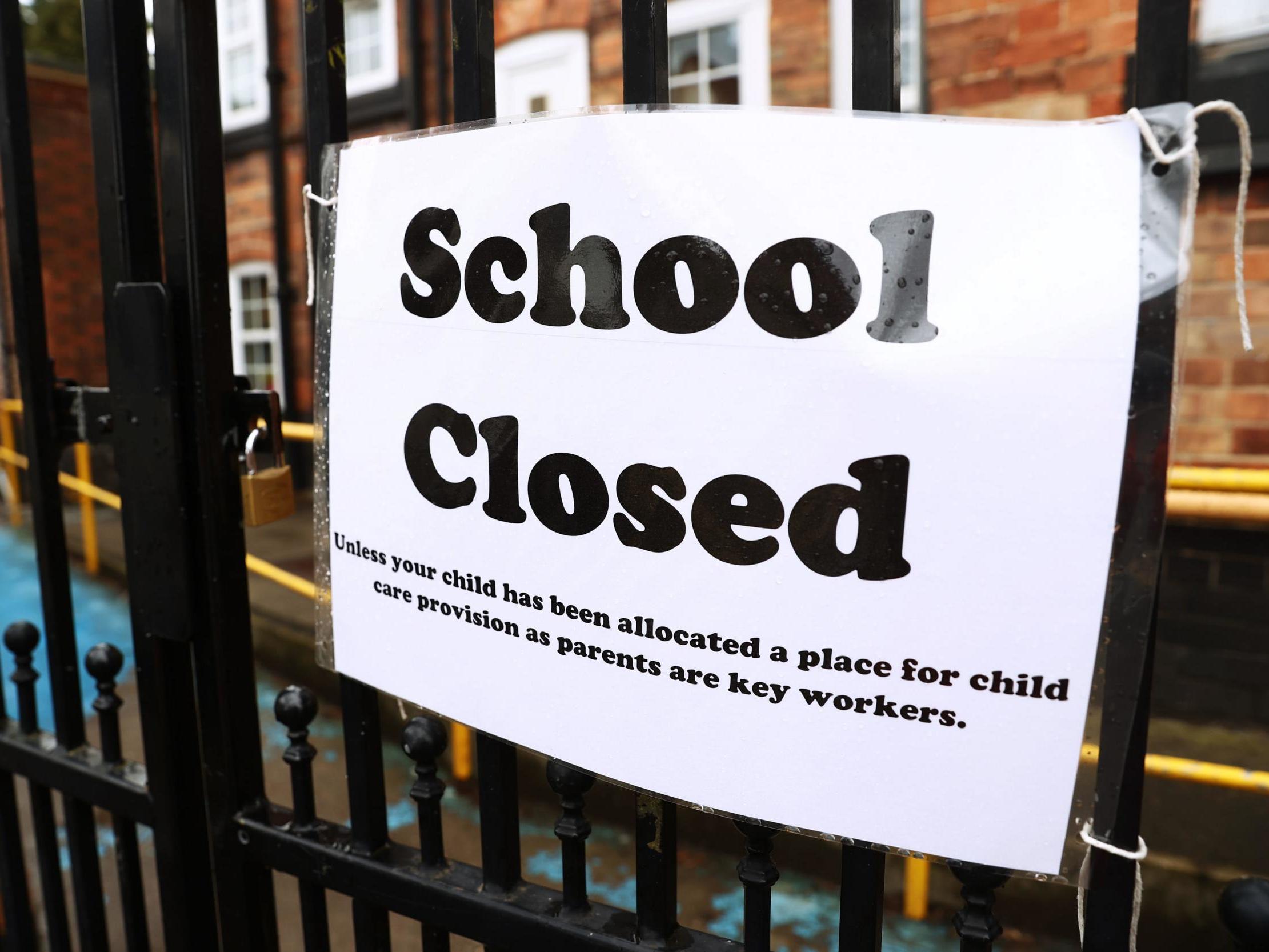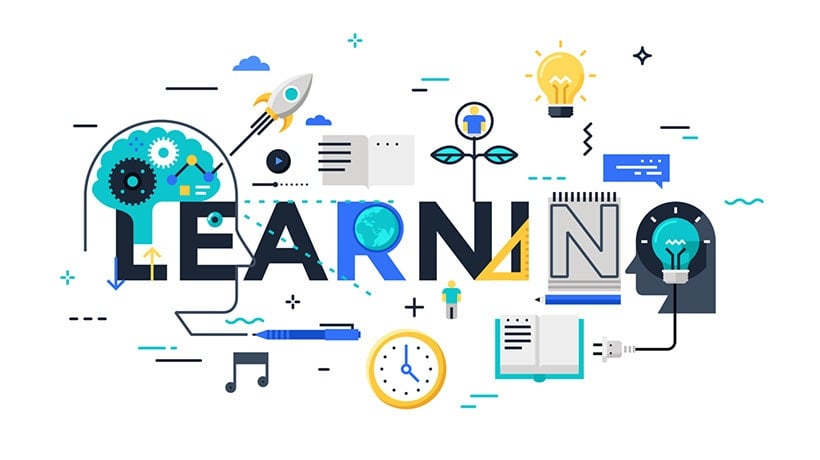
In these new and uncertain times, pupils will have spent many months away from school due to the closures put in place as a result of Covid-19.
Last year, schools in England were closed to all pupils except those of key-workers and vulnerable children on the 20th March.
For the majority of the summer, most learning took part remotely. Huge strides in online education were made in months that perhaps previously would have taken years. Teachers created learning packs, online lessons and updated communication systems – rising to the challenge of how to educate their pupils without the the essential face-to-face contact and personal interaction.
Then September arrived and the clamour for the reopening of schools returned. Pressure was on for schools to serve their communities once more. Parents were expecting pupils to return to “normal” schooling despite the Covid-19 procedures that needed to be followed…
Now, in 2021, we sit once again in a lockdown with remote learning and home schooling. Children are again missing the interaction with peers and parents are working miracles keeping their schooling going.
As the IFS stated in their opinion piece..
By February half-term, the total loss in face-to-face schooling time will amount to around half a normal school year for children right across the UK. That’s before accounting for lower-than-normal attendance rates in the 2020 autumn term, especially in disadvantaged areas. If most schools don’t go back till after Easter, then children will have lost about two thirds of a normal school year. The difficulties and inequalities in accessing high-quality remote learning are well documented. Pupils from more disadvantaged backgrounds often lack the required digital equipment and study space to participate in effective remote learning. Younger pupils have found it more difficult to engage in remote learning. Schools, teachers and charities – not to mention parents – have gone to huge efforts to do what they can, but there is no substitute for time with a qualified teacher.
https://www.ifs.org.uk/publications/15291
But as we look back, we must ask the question..
Has Learning stopped?
Academic Learning Loss

At the start of the school closures in 2020, we created a blog looking at Academic Learning Loss – predicted and historical.
Here we saw that over a period of time away from school academic learning does stop – teachers will need to re-learn where pupils are and work with them.
It is no surprise that pupils will have forgotten learning done before lockdown without the built-in reminders that school teaching brings. Further research through this year has confirmed this.
However, commentators do not expect that this regression will permanently hold students back, or that it will take years for them to recover. Research shows that when you have learnt something and forgotten it, you can relearn it in less time than it took the first time.
This is what we need to encourage and build into our teaching.
As Daisy Christodoulou states in one of the research papers..
“We think that ‘learning decay’ might be a better term for what’s happening here than learning loss.”
No more Marking: Baseline Secondary Writing exemplars, 2020–21
It is this “learning decay” that we are now working to challenge and defeat.
But did all learning stop?

As humans, we never stop learning.
We discover something new every day.
It is one of the joys of a new adventure, a new fact, a new discovery.
Learning is the process of acquiring new understanding, knowledge, behaviours, skills, values, attitudes, and preferences. Some learning is immediate, induced by a single event, but much skill and knowledge accumulate from repeated experiences.
https://en.wikipedia.org/wiki/Learning
Academic Learning may have slowed but learning never stops.
Pupils will arrive back changed having learned so much over the past 12 months.
Some children will have thrived in a new family bubble – building new self-esteem and new found abilities supporting others and working in different ways. They may have learned an inner confidence that they didn’t know existed, away from the pressures of school life.
However others will have found it a challenge. They may have learned a deeper understanding of what it means to live in poverty, or encountered this for the first time.
They may have learned to hide, to become invisible, to protect themselves from adults who are not safe, without the respite that school can provide.
As Rebecca Brooks, AUK Education Policy Advisor, stated in her blog for Adoption UK..
Some will return to education having made surprising progress, not only in learning of all kinds, but also in terms of their mental health and wellbeing, which are foundational to learning success. Others may have maintained their learning to a degree, but be carrying an emotional burden which will guarantee that they buckle under the pressure of ‘catch up’ programmes. Still others will arrive on shaky ground in all areas, having endured a period of their lives where survival was the only attainable goal.”
“The-myth-of-catching-up-after-covid-19”
And now, as they return from another enforced gap from school and the school community, we need to focus on them and begin to learn ourselves what we can do to help.
Rebecca Brooks continues..
“What children need – in fact what society needs – after the pandemic is not ‘catch up’. It is ‘recovery’.
‘Catch up’ implies a narrow emphasis on curriculum goals with a focus on getting all children to the same end point as quickly as possible.
‘Recovery’ acknowledges that the impact of this crisis has been far wider than ‘missed learning’ and that we will need to begin where children are, rather than focus on where we would like them to be, and how to get them all to that same point as quickly as possible.
“The-myth-of-catching-up-after-covid-19”
As Geoff Barton, General Secretary of the Association of School and College Leaders, said..
We have some tough days and weeks ahead. But that notion of rebirth – of creating the future we want – lies somewhere ahead. And it will give an extraordinary opportunity to focus on what truly matters.
I have no doubt that schools, colleges, teachers and other staff will rise to these challenges and do everything possible to ensure there is no disadvantage to any pupil.
https://www.tes.com/news/when-schools-return-it-will-not-be-business-usual
As educators, we need to commit ourselves to #neverstoplearning about our pupils as we move forward and commit ourselves to challenge their learning decay in the coming months to allow them to continue to realise their true potential.
We encourage you to #neverstoplearning

DAISI Education
Thank you for reading this article.
Find other Blog articles by clicking here
Check out more about how we can help your school: Primary | Secondary
Really interesting read. Thank you
Thank you – Please do share with others.
I agree. The key to this is focus on the pupils
We agree. What is needed first is a time of recovery where relationships are the key.
Amazing and powerful article and thoughts. Really enjoyed reading and I totally agree! We should never stop learning so our pupils can be better and more prepared everyday. Thank you for your hard work, really interesting and necessary!
Many thanks. Do share..
Really interesting read together with the others in the set. Very thought provoking. Thank you.
Many thanks. Please do share
Really useful article. Thank you
Thank you. Please do read our other articles here.. https://daisi.education/blog/
Really interesting read. Couldn’t agree more!
Thank you – do let us know how we can support your school. More articles here.. https://daisi.education/blog/
Good article with points well made. Thank you
Many thanks Jessica